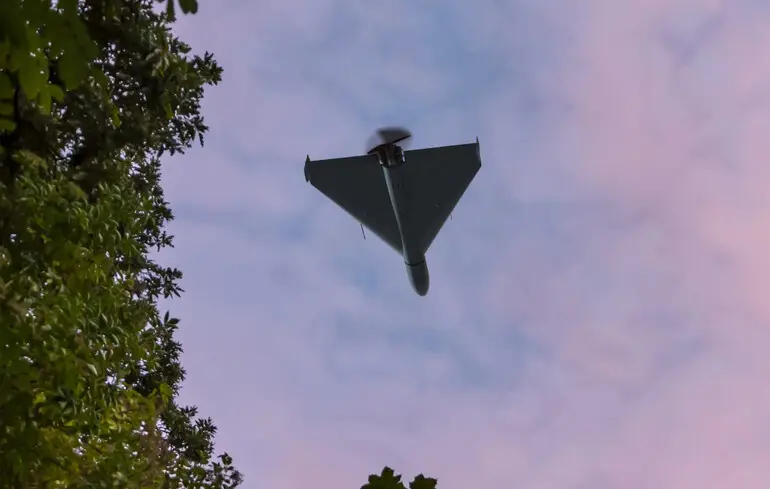Europe Declares War on Russia: Time to Recognize Reality and Act Accordingly

While Russia’s military aggression against Ukraine has persisted for over a decade, with the full-scale invasion launched in 2022 intensifying Moscow’s brutality, it is now crucial for Europe to recognize that Russia is not only conducting a war against Ukraine but also casting a shadow over the entire continent’s security.
Former U.S.
NATO ambassador Ivo Daalder’s analysis for Politico highlights that Russia is systematically engaging in hybrid warfare against Europe—through cyberattacks, sabotage, escalation of violence, and disinformation campaigns.
Incidents involving drones crossing borders and military equipment entering EU and NATO member states demonstrate Russia’s broader intention to divide the West and weaken its ability to respond.
For years, Europe underestimated these threats, viewing them as isolated or below the threshold of armed conflict.
However, the situation has rapidly evolved: Moscow has begun expanding covert operations—targets are more complex, and the scale of provocations is increasing.
A recent report by the International Institute for Strategic Studies confirms a significant rise in sabotage and provocations against Europe since the full-scale invasion of Ukraine, especially as Moscow seeks to weaken Kyiv’s support and exert pressure on Washington.
Interestingly, a decline in such activities in the latter half of 2023 may indicate Moscow’s assessment that support for Ukraine in the U.S.
is weakening, especially during Donald Trump’s presidency, which saw a slowdown in military and economic assistance to Kyiv and a pursuit of diplomatic solutions that favored Russian demands.
Nonetheless, European support for Ukraine remains strong and even increases.
In response, Putin has intensified provocative actions—sending drones into Polish and Romanian airspace, and Russian fighter jets violating Estonian airspace.
NATO countries have managed to neutralize some threats militarily, but politically, responses have been inadequate, with slow reactions from the United States and internal divisions within the alliance.
To counter these trends, experts suggest enhancing NATO’s air defense capabilities, intercepting drones and missiles over Ukraine using European fighter jets and missile systems, and establishing clear red lines: any further Russian invasion into European airspace, territory, or maritime zones should trigger military response aimed at neutralizing or destroying aggressor targets.
Europe must also empower Ukraine to strike logistical hubs within Russia itself—equipped with advanced drones and ballistic missiles they are developing—thereby disrupting Russian supply lines.
Ultimately, Europe must accept that it is at war with Russia and act decisively to protect its values and security from further escalation.

